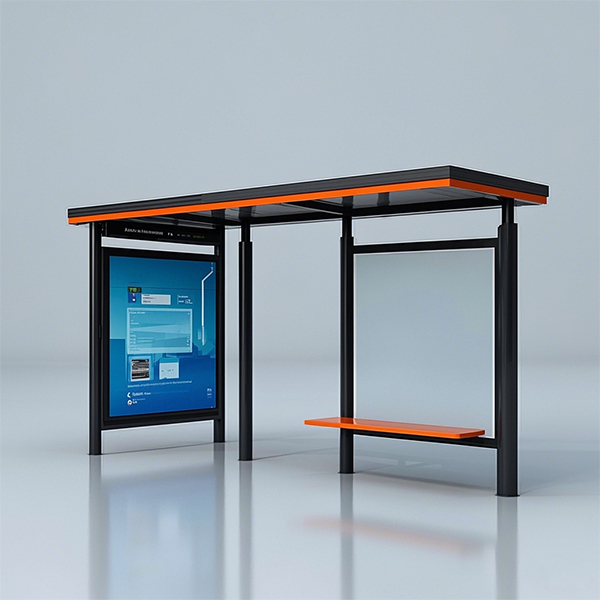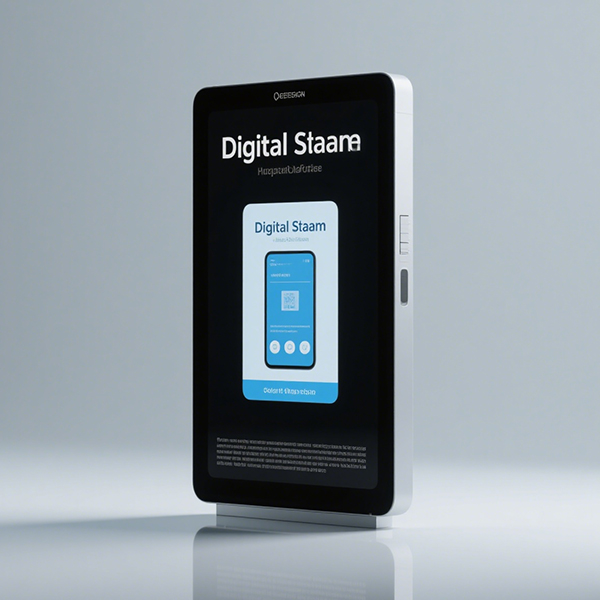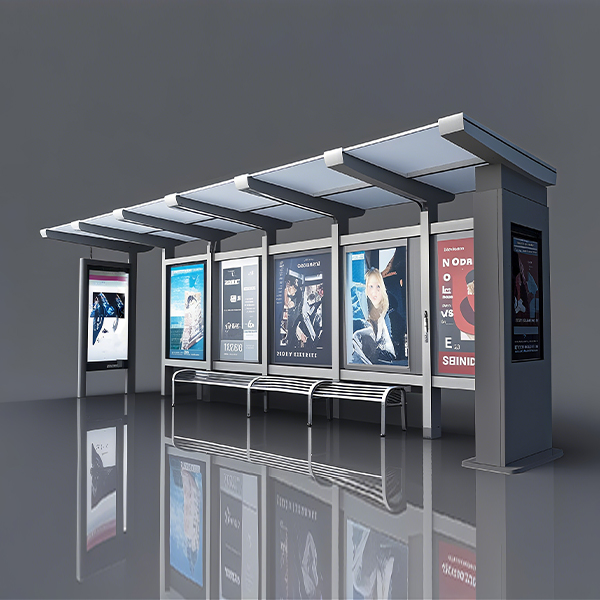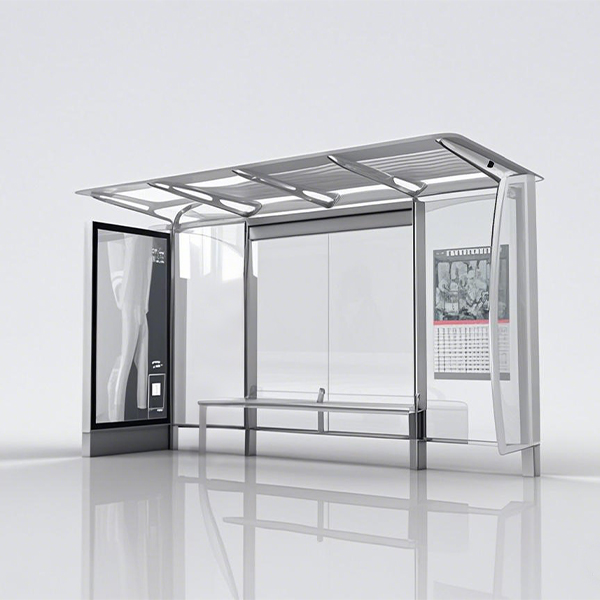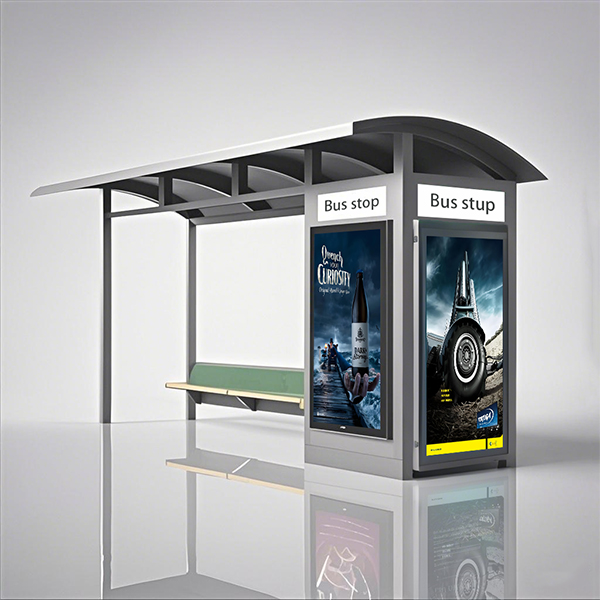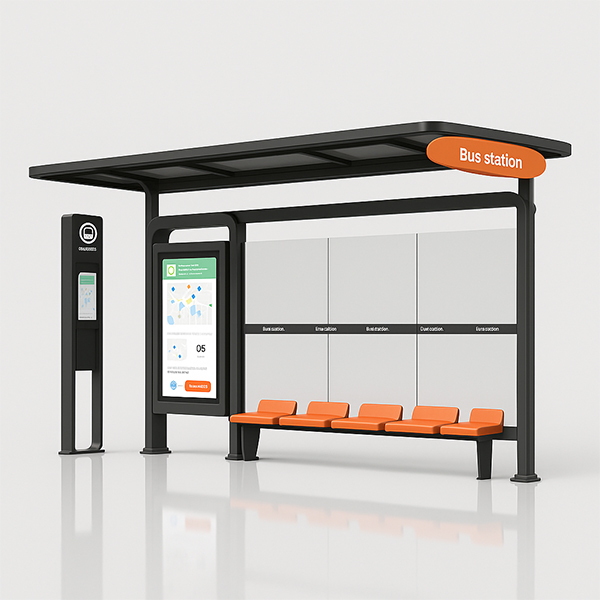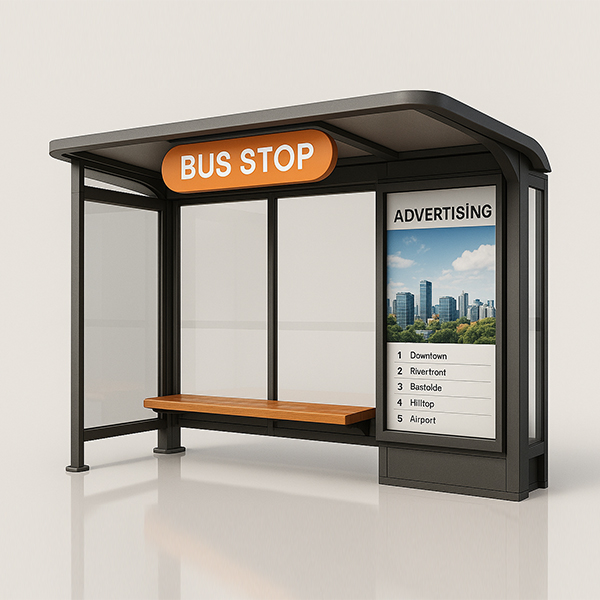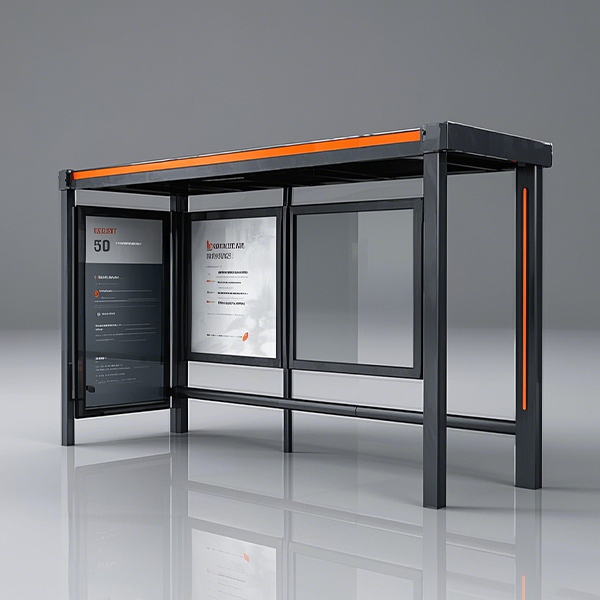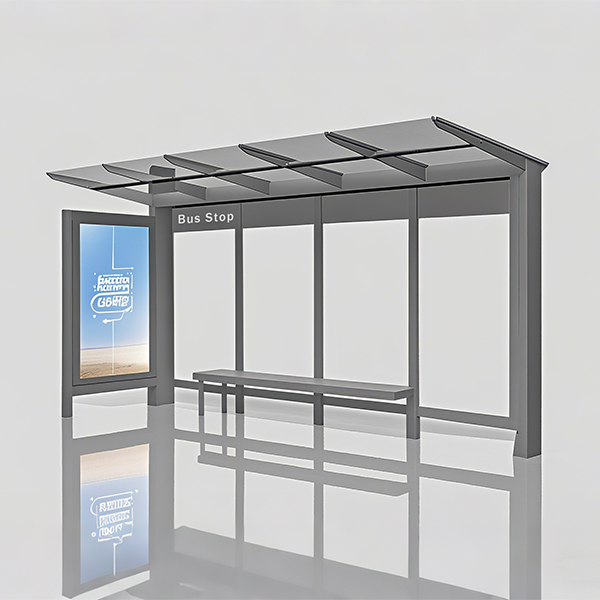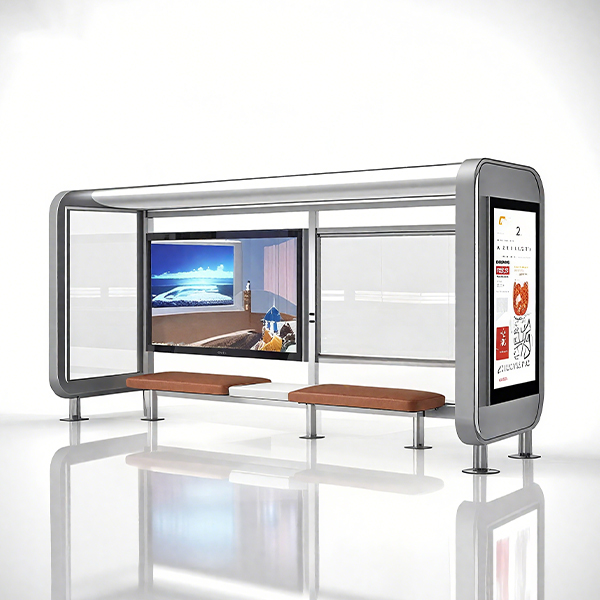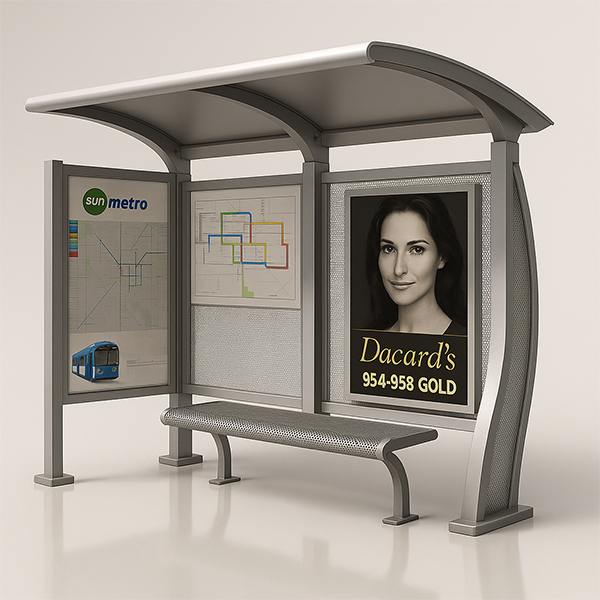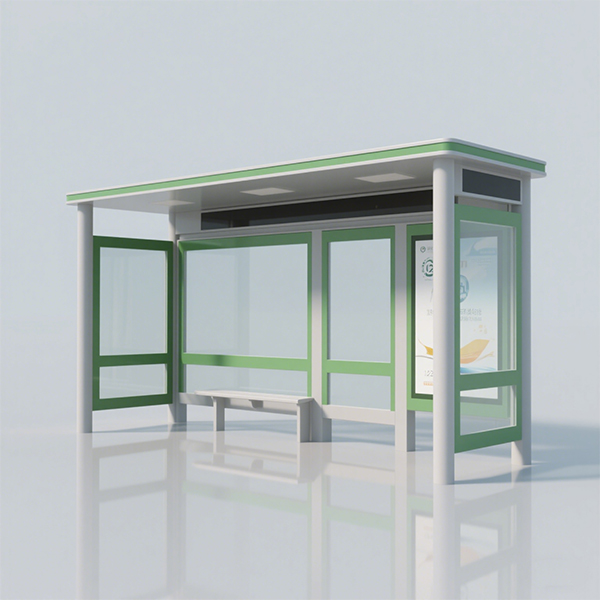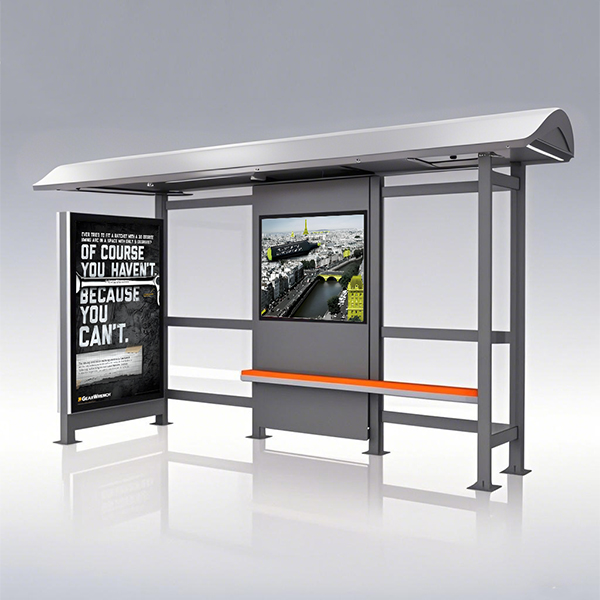
digital signage for small business
This guide explores how digital signage for small businesses can revolutionize your marketing and communication strategies. We'll delve into the benefits, costs, top solutions, and best practices to help you make an informed decision and maximize your return on investment. Discover how interactive displays, targeted messaging, and data analytics can elevate your brand presence and drive sales.
Why Choose Digital Signage for Your Small Business?
In today's fast-paced world, capturing attention is crucial. Traditional signage simply can't compete with the dynamic capabilities of digital signage for small businesses. Here's why it's a game-changer:
Enhanced Customer Engagement
Interactive displays, vibrant visuals, and captivating video content draw customers in and keep them engaged longer. This leads to increased dwell time and potentially higher sales conversions.
Targeted Messaging
Unlike static signs, digital signage allows for targeted messaging based on time of day, location, or even customer demographics (if integrated with other systems). This ensures your message reaches the right audience at the right time. You can promote daily specials, upcoming events, or showcase seasonal items with ease.
Cost-Effective Marketing
While the initial investment might seem significant, digital signage for small businesses offers long-term cost savings compared to constantly printing and replacing static signage. The ability to update content remotely eliminates printing and installation costs. Furthermore, the improved customer engagement can lead to a greater return on investment.
Improved Brand Consistency
Maintain a consistent brand image across all your locations with centrally managed content. Ensure your messaging is always up-to-date and aligns perfectly with your branding guidelines.
Choosing the Right Digital Signage System
Selecting the appropriate digital signage system depends on your specific needs and budget. Consider the following factors:
Software Solutions
Numerous software providers offer various features and pricing plans. Look for user-friendly interfaces, remote management capabilities, and robust content scheduling options. Many solutions offer free trials, allowing you to test compatibility before committing.
Hardware Options
The hardware options range from simple displays to sophisticated, interactive touchscreens. Consider screen size, resolution, brightness, and location (indoor vs. outdoor). Durable, high-quality displays are essential for long-term reliability. Think about the environment – a high-traffic area may require a more robust screen.
Content Creation
Creating engaging content is paramount. Consider using high-quality images and videos, keeping the messaging concise and impactful. Many software solutions include templates and design tools to simplify the process. If you lack design skills, consider outsourcing content creation to a professional.
Case Studies: Small Businesses Succeeding with Digital Signage
Let's look at some real-world examples of how small businesses leverage digital signage to boost their bottom line:
| Business | Digital Signage Use | Results |
|---|---|---|
| Local Coffee Shop | Daily specials, loyalty program promotions, customer testimonials | Increased sales by 15%, improved customer loyalty |
| Boutique Clothing Store | High-quality product images, seasonal promotions, social media integration | Higher conversion rates, enhanced brand awareness |
Getting Started with Digital Signage
Implementing digital signage for small businesses is a straightforward process. Start by defining your goals, assessing your budget, and researching available solutions. Many providers offer consultations to help you choose the right system for your needs. Remember to regularly update your content to maintain engagement and relevance.
For more advanced solutions and cutting-edge technology in digital signage, consider exploring options from Shandong Luyi Public Facilities Co., Ltd. They offer a wide range of products and services to meet various business needs.
Remember to regularly analyze your results and adjust your strategy accordingly. Track key metrics such as customer engagement, sales conversions, and return on investment to optimize your digital signage strategy for ongoing success.
1 Data from various digital signage providers and industry reports.
Соответствующая продукция
Соответствующая продукция







